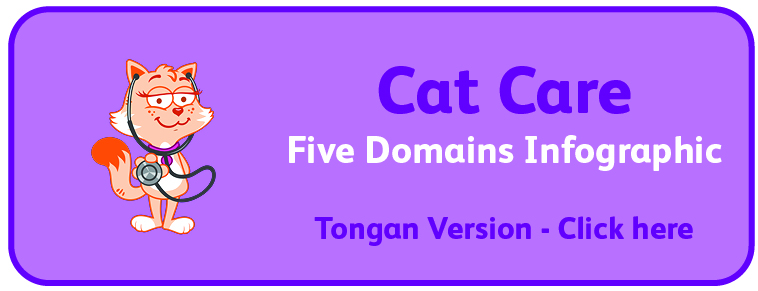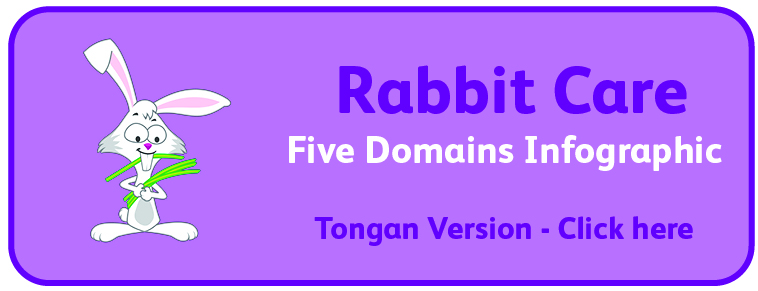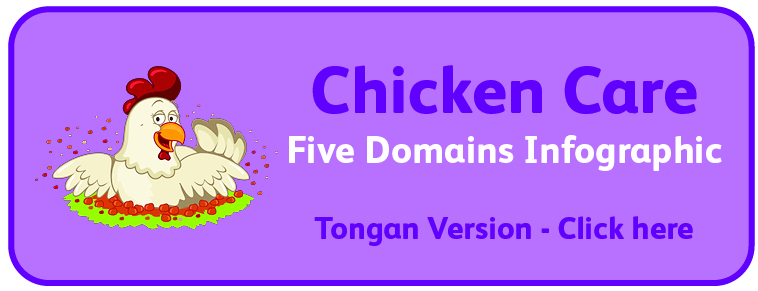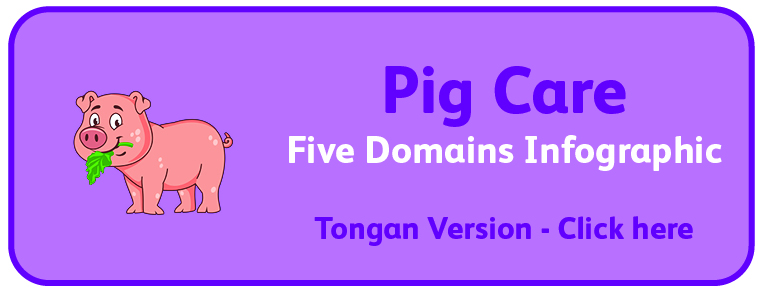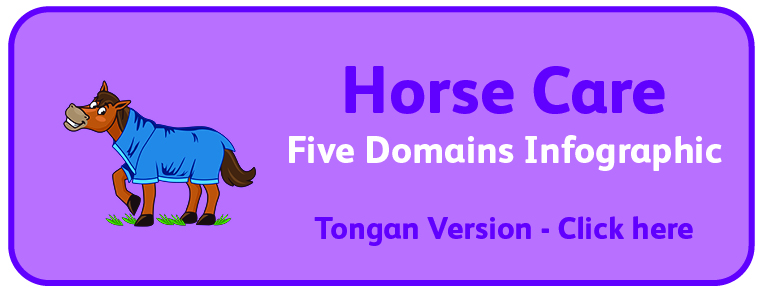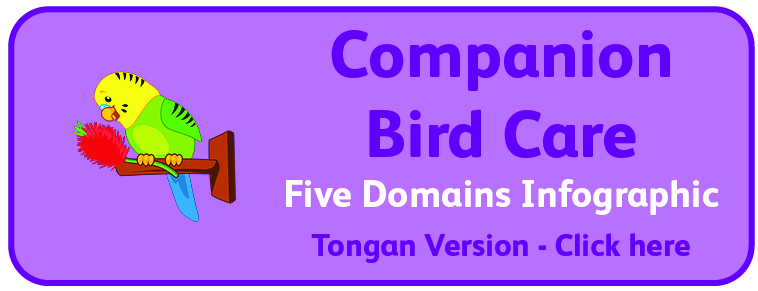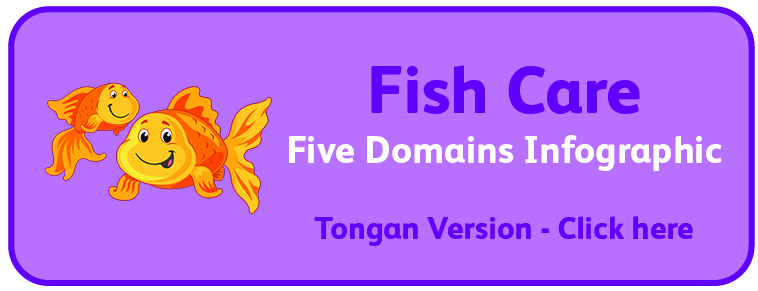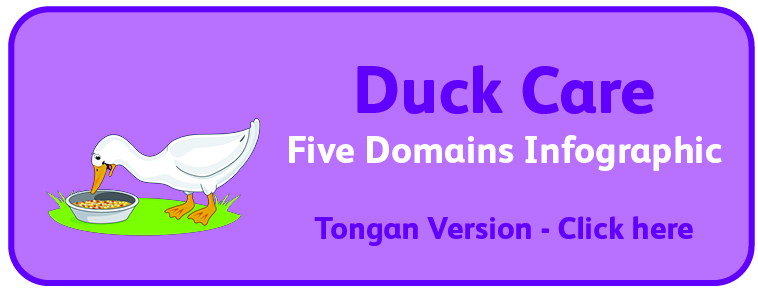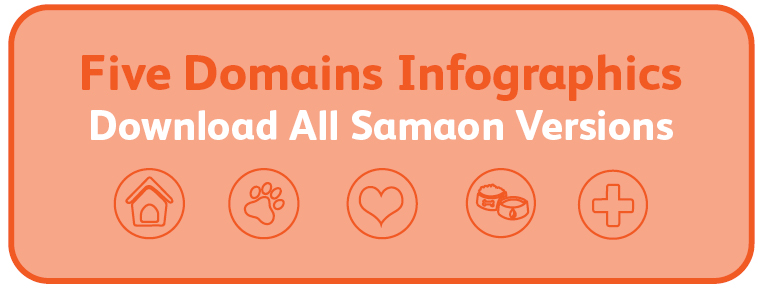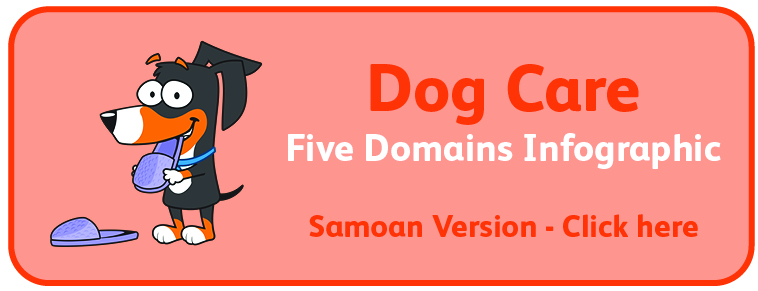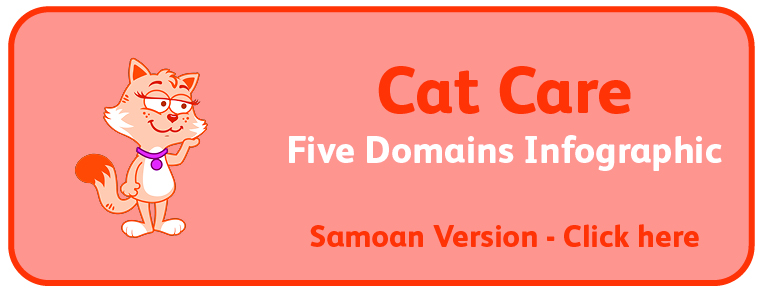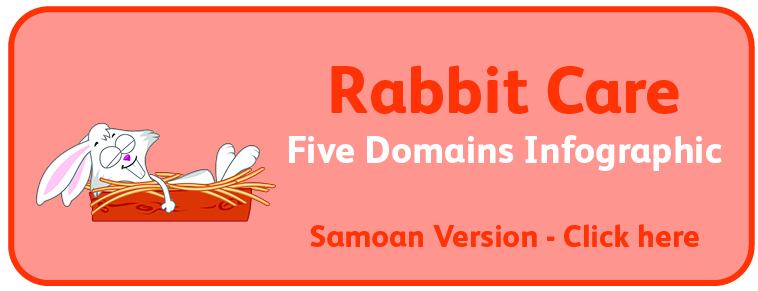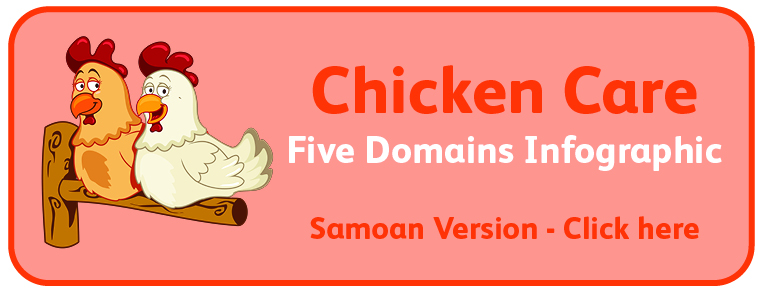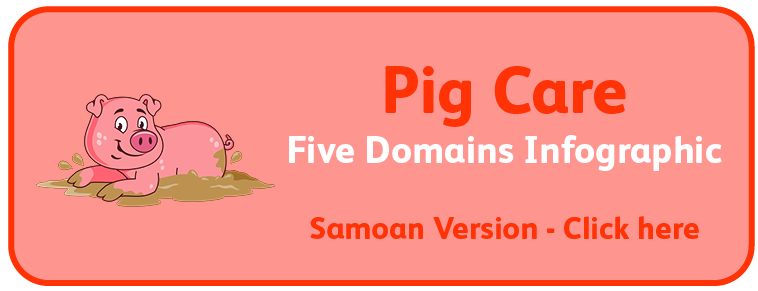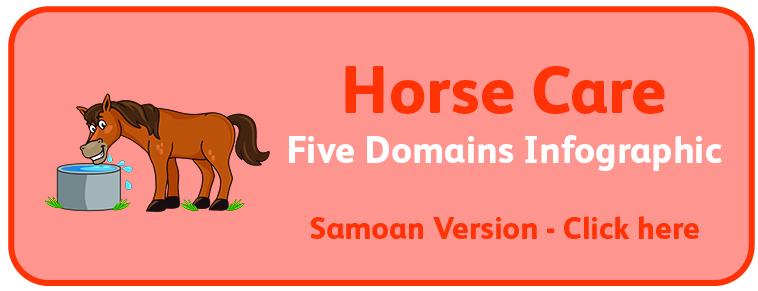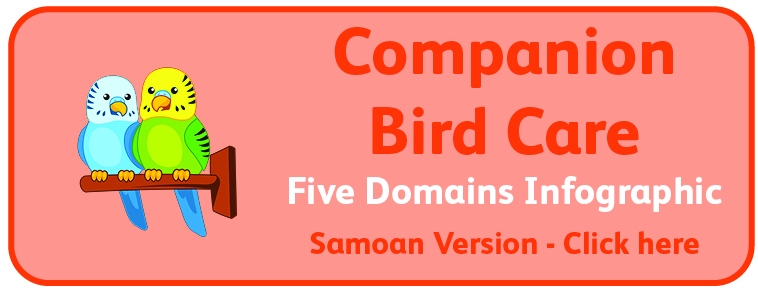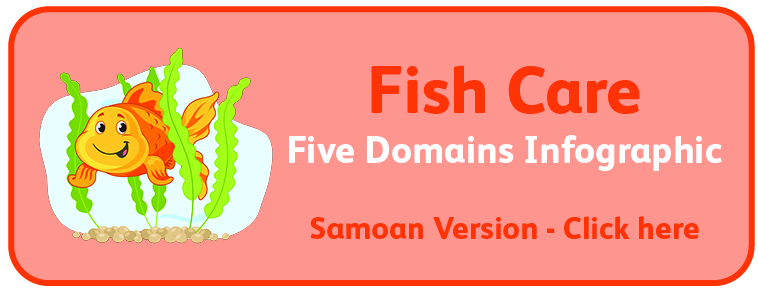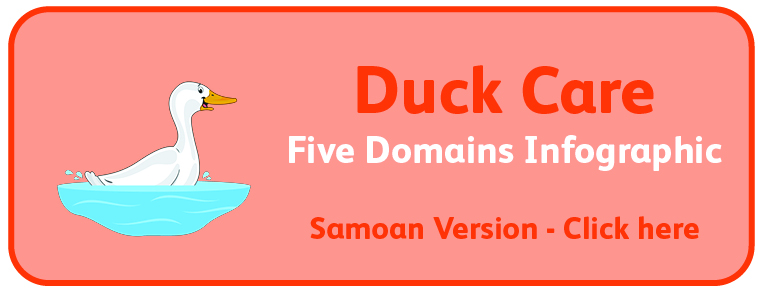All animals should be able to express their natural behaviours. Behaviour refers to the way an animal acts. An important type of behaviour that an animal expresses are those that are instinctive (what they would typically do in the wild). Enough space, proper shelter and housing, as well as company of the animal's own kind, encourages the expression of natural behaviours.
Exercise

Exercise keeps animals healthy and alert, just like it does for you. Blood flow is increased during exercise, clearing arteries and veins and transporting oxygen and nutrients around the body.
Exercise keeps muscles strong, allows better digestion of food and heightens an animal’s senses. Energy that has been stored as fat can also be used up during exercise - this helps to prevent animals from becoming overweight.
Expressing natural behaviour is not only about an animal exercising their body, it is also about an animal exercising their mind. During exercise, new sights, sounds, smells and tastes can be discovered; unknown paths, trees and tunnels can be explored and new animals may be encountered - these experiences are very important for an animal’s physical and mental well-being.
Enrichment
Imagine if you spent your entire life alone, locked in a big room. You had food, water, a warm cosy bed and once a day you were let out for 30 minutes to run around, but that was all. You had no friends, no toys, no TV, no books, no phone, no internet. What would or could you do for the rest of the day? How do you think you would feel?
Most people would experience loneliness, boredom, frustration, sadness, anger and depression. Animals are likely to feel the same way too. Animal guardians must meet their companion animal’s environmental and behavioural needs – this includes providing mental and physical enrichment.
Animal enrichment is about designing and creating interesting enclosures, and providing activities that create a more stimulating environment for an animal. Enrichment should enable them to express as many of their natural behaviours, such as exploration, foraging, locomotion (movement), social interaction, manipulating objects or simply playing, as often as they choose.
Good enrichment is safe, fun, challenging and time consuming.
Be sure to check out the Things to Make or Do section for examples of some awesome DIY enrichment toys!
Companionship
There are many natural behaviours that animals will express when they have companions of their own kind such as grooming, playing, and cuddling. Even with lots of human contact, many animals need to live with a compatible companion. Without a friend to carry-out these natural behaviours, an animal can become frustrated, bored, and lonely. They can even develop abnormal behaviours if left without company and nothing to do for long periods.
No one understands an animal quite like a member of their own species! When animals have companions of their own kind with which they can express these natural behaviours, it helps them to feel safe, happy, and content.
Get to know your animal and their companionship needs so that you can help them express their natural behaviours.
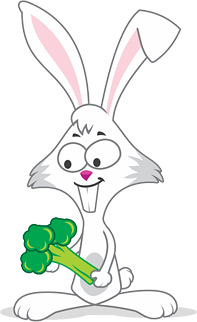
.jpg)

















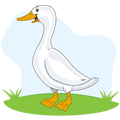
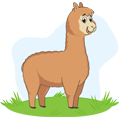
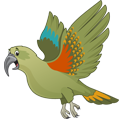



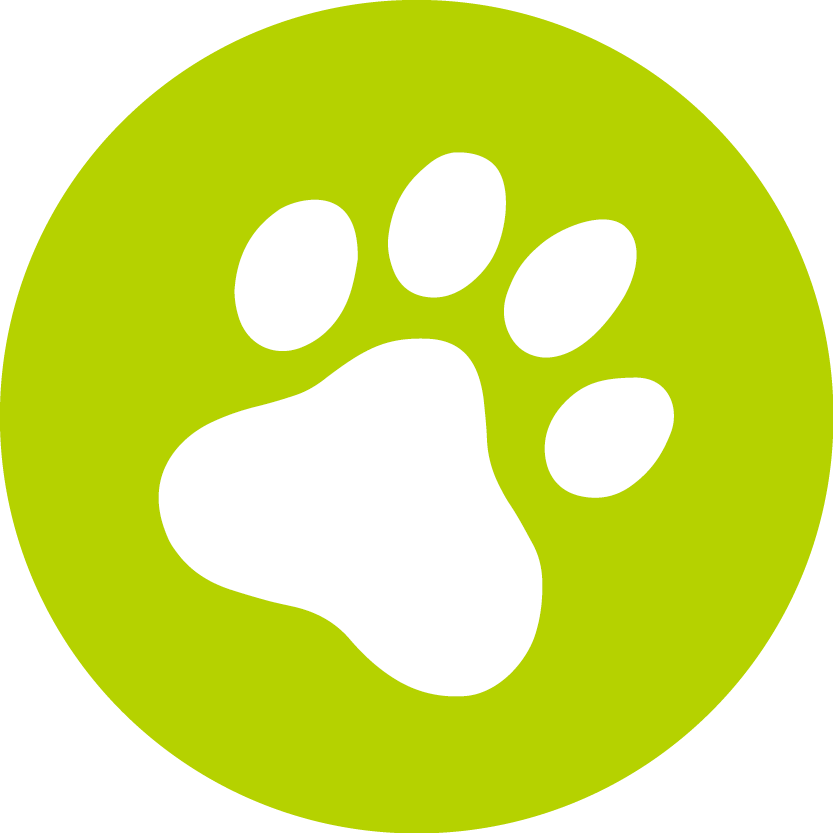






.jpg)
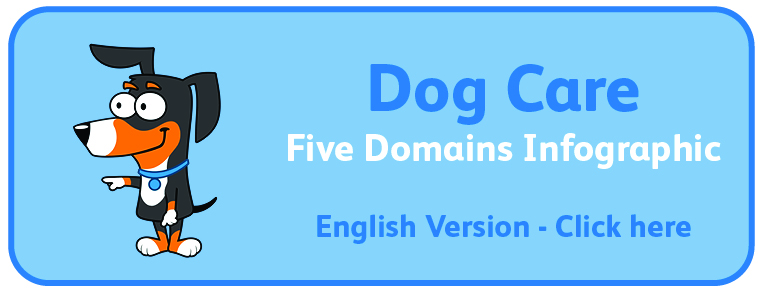
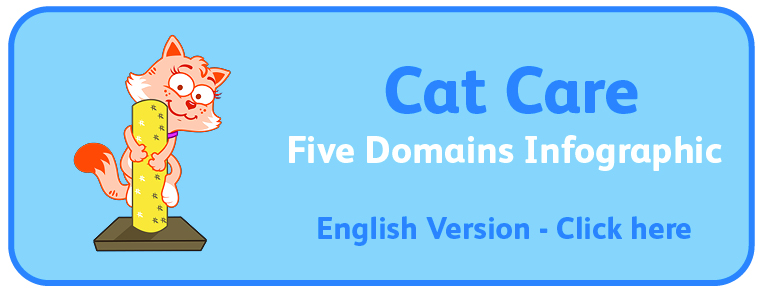
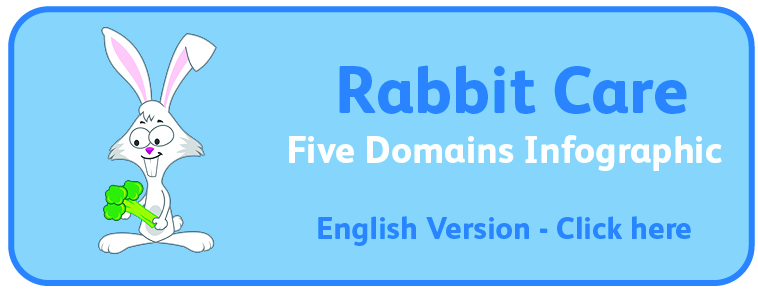
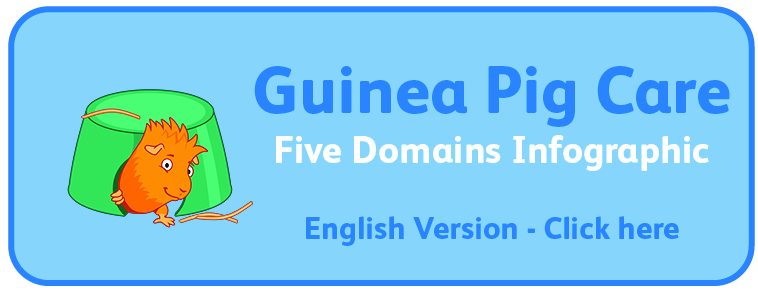
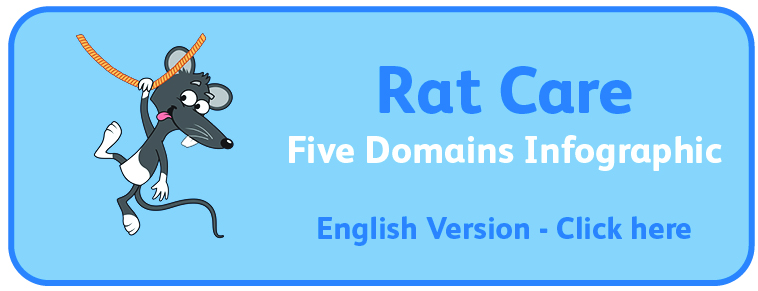
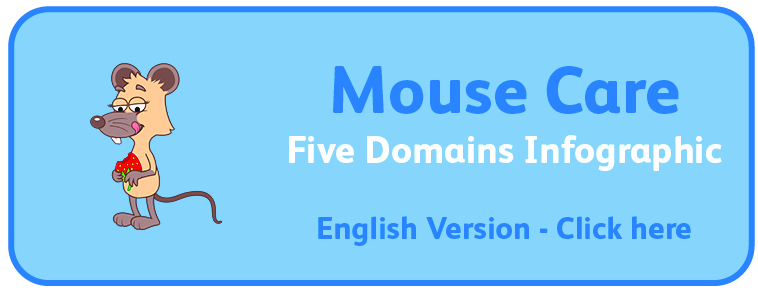
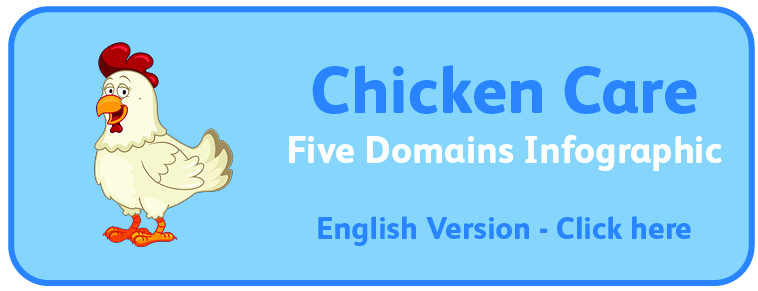
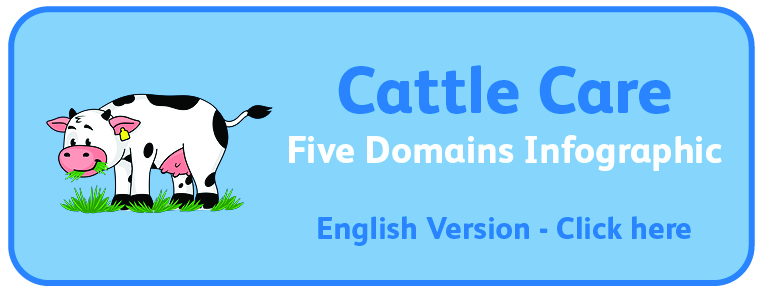
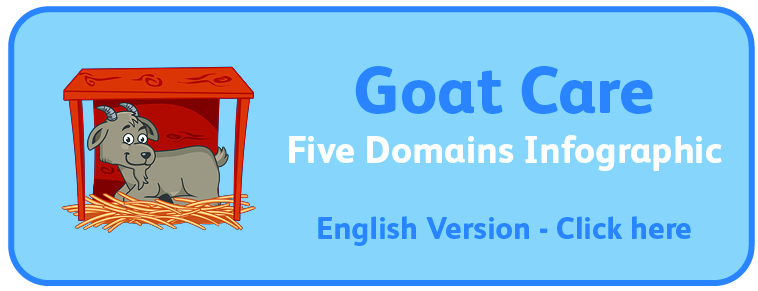
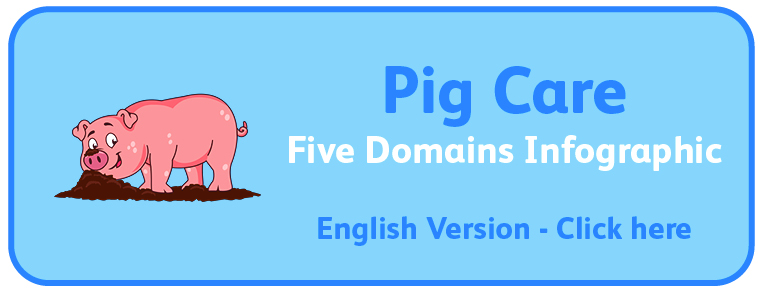
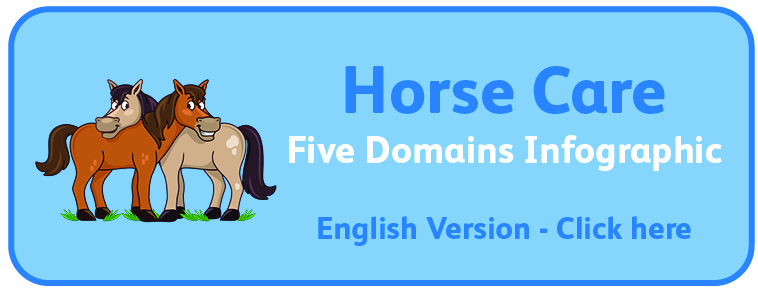
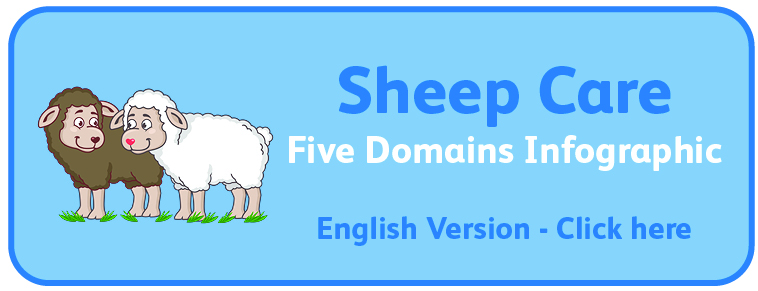
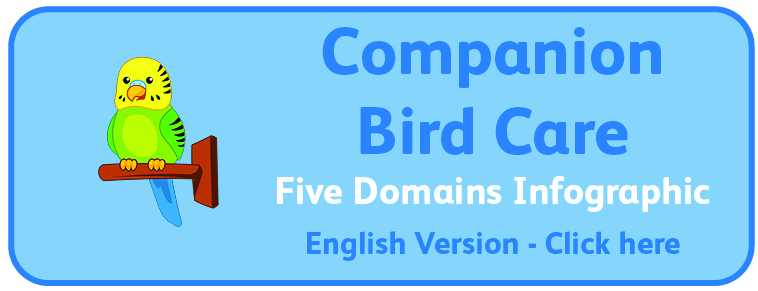
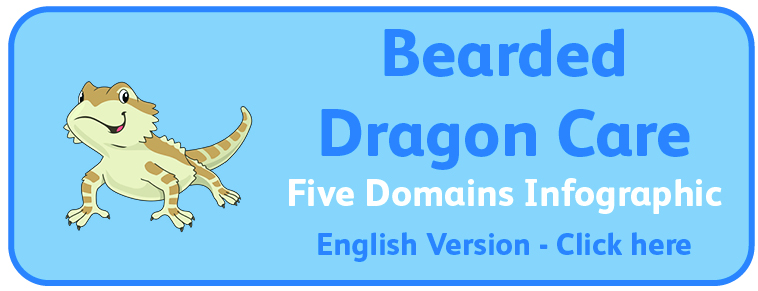
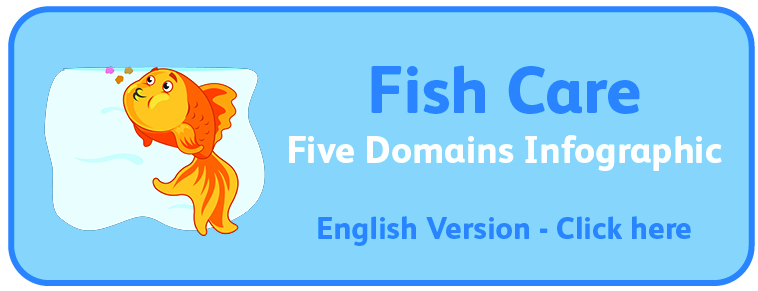
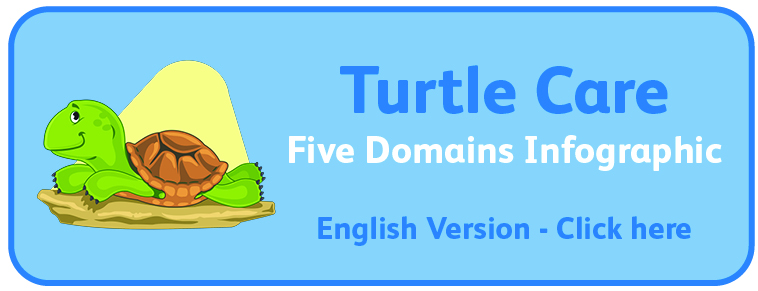
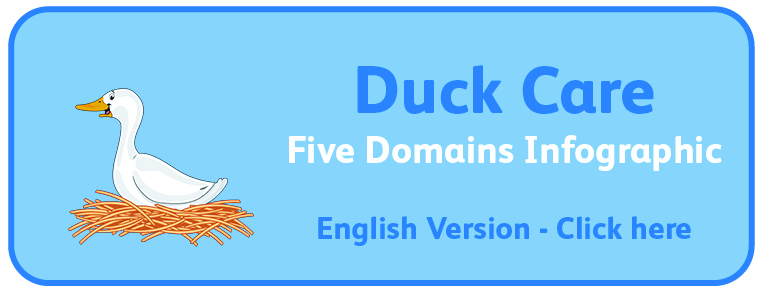
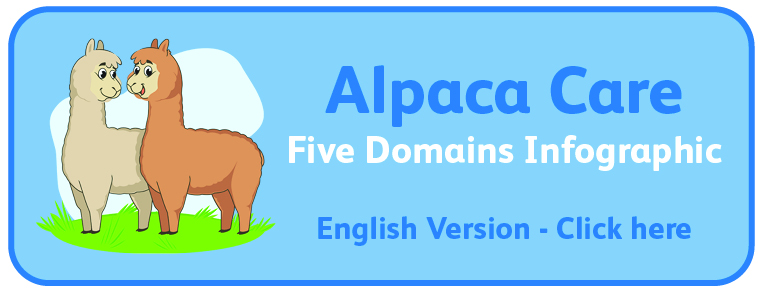
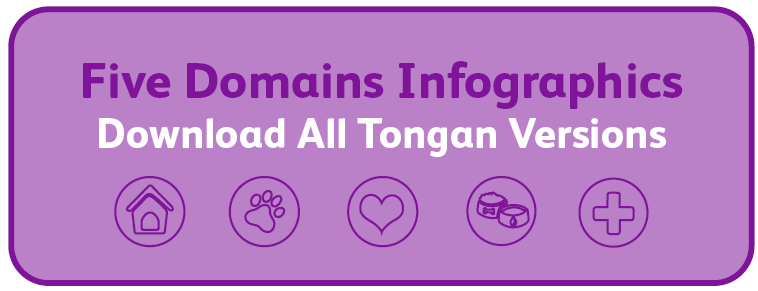
.jpg)
